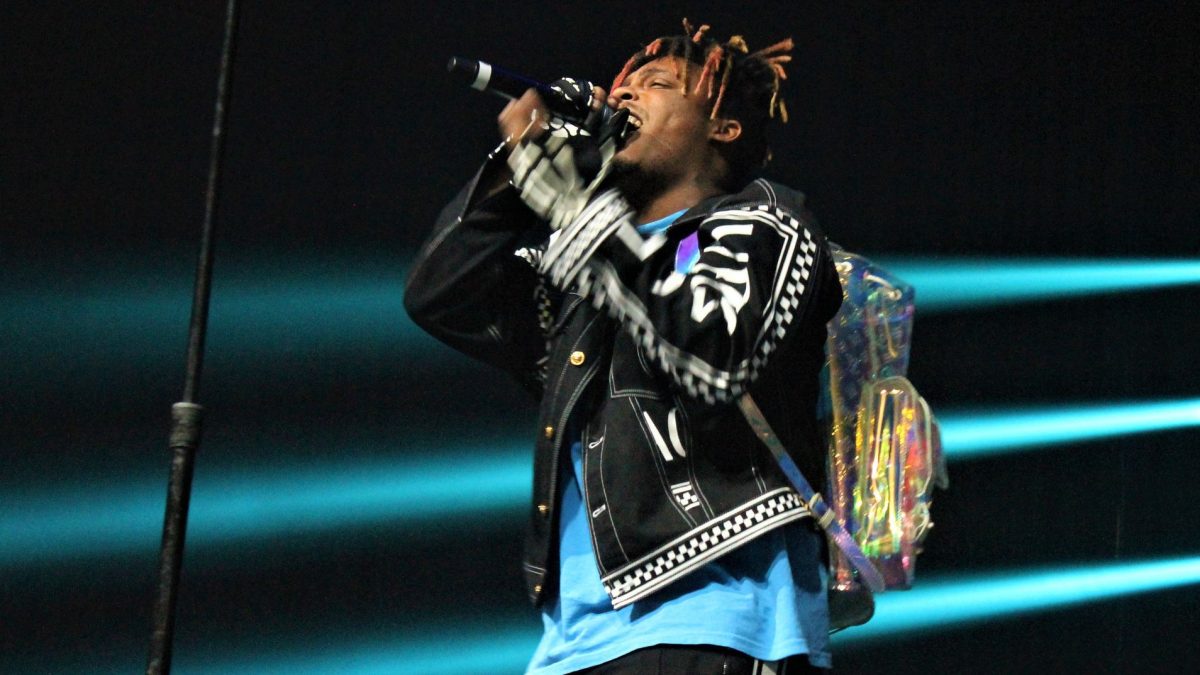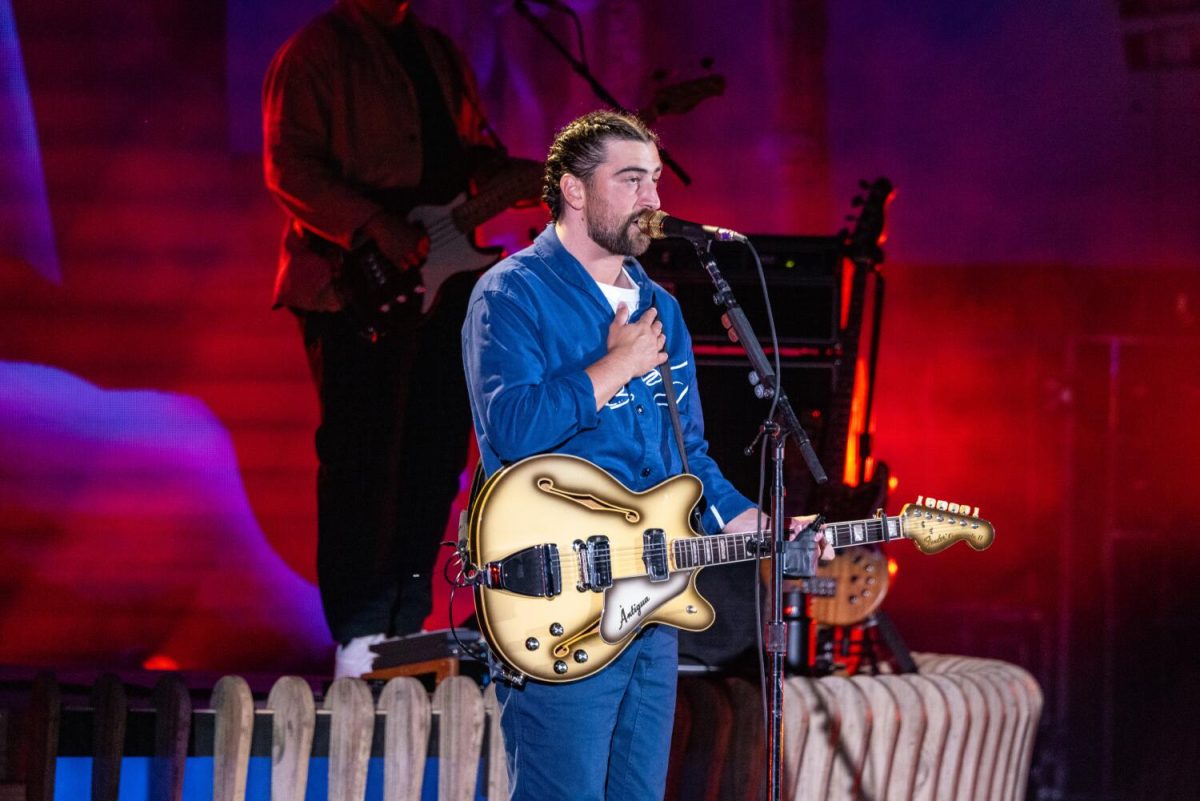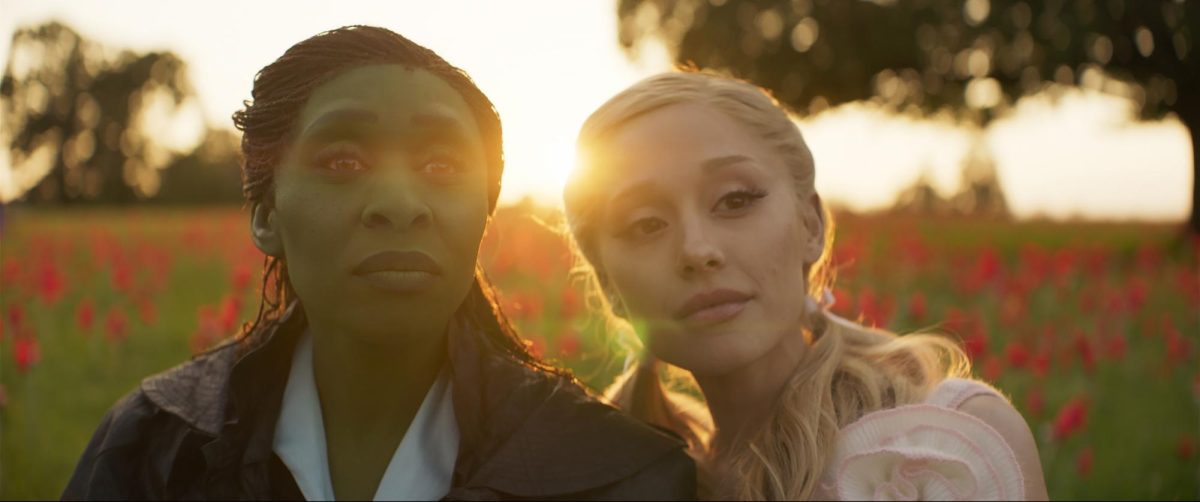“Venom: The Last Dance,” released on Oct. 25, provides fans with an emotional conclusion to protagonist Eddie Brock and Venom’s rocky relationship. Despite having a lot of humor, action and great visuals, the movie ultimately falls short of giving the main characters or their relationships more nuance. The film largely follows the tried-and-true pattern of Eddie and Venom’s combative banter rather than coming up with a more significant conclusion to their journey.
Tom Hardy reprises his role as Eddie Brock, bringing his signature ferocity and humor to the character. Although Eddie’s character is still compelling, it falls flat because the script does not give him much opportunity to grow as a person. Hardy’s portrayal of Eddie and Venom’s back-and-forth lends the film a comedic edge, but the emotional stakes do not offer the growth audiences want from a final chapter.
The central theme of the films has always been Eddie and Venom’s connection, which is explored in “Venom: The Last Dance” but does not feel as new as it did in previous movies. The movie does not take their relationship to new emotional heights, but the two’s competitiveness and comedy still play a major role in their interaction. It seems their relationship is neutral because there is so little opportunity for an in-depth examination of their partnership due to the excessive emphasis on spectacle and action.
Rather than being a compelling threat, the film’s introduction of Knull, a formidable villain, feels like a lost chance. Knull is not a very interesting foe because of his complicated past and ambiguous objectives. Despite being portrayed as an overpowering force, his persona lacks philosophical or emotional subtlety, making him seem shallow and uninspiring.
The fight scenes in “Venom: The Last Dance” are a highlight, even with Knull’s lack of progress. There are some genuinely thrilling scenes on screen thanks to the amazing visual effects, which depict the symbiotes’ skills in breathtaking realism. However, the overemphasis on constant action occasionally detracts from the story’s emotional rhythms, making it challenging to empathize with the characters at the most pivotal points.
The film’s pacing also contributes to its overall superficiality. Because it is so preoccupied with the spectacle, the film omits significant character growth and poignant scenes. Examining Eddie and Venom’s internal problems is less important to the movie than presenting intense battle scenes. Some fans might be pleased by this, but those who were expecting a deeper, more reflective conclusion are disappointed.
The lack of a cohesive theme that has been explored throughout the trilogy is one of the film’s more disappointing traits. Although Eddie and Venom have always been at odds due to their different personalities, this final installment of the trilogy does not go into great detail on how they have changed or developed. The conclusion of their voyage feels hurried rather than providing a satisfactory emotional payoff.
Longtime fans of the franchise who appreciate the flashy antics and action of the earlier movies will probably find “Venom: The Last Dance” appealing despite these flaws. There are still enjoyable moments for those who are invested in Eddie and Venom’s relationship. But in the end, the movie seems like a lost chance to wrap up the story with the same kind of passion and nuance that it initially suggested.
Despite offering a visually stunning experience with its action sequences and Eddie and Venom’s bond, “Venom: The Last Dance” lacks the depth and resolution necessary to truly elevate the franchise. Because of the weak arcs and undeveloped antagonist, the focus was on spectacle rather than story. Fans of the movies will probably like it, but others who were expecting a more satisfying and significant conclusion may not.

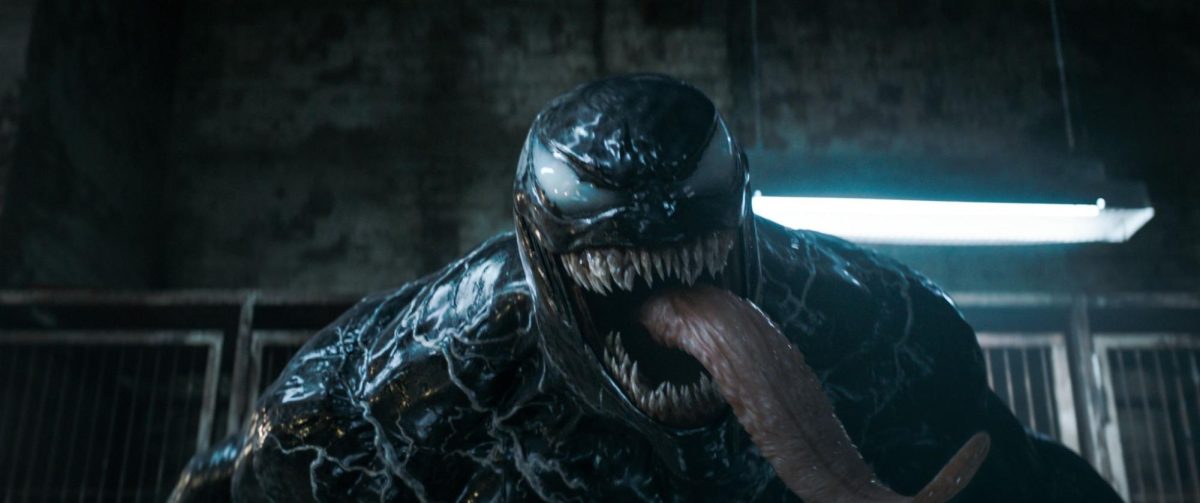

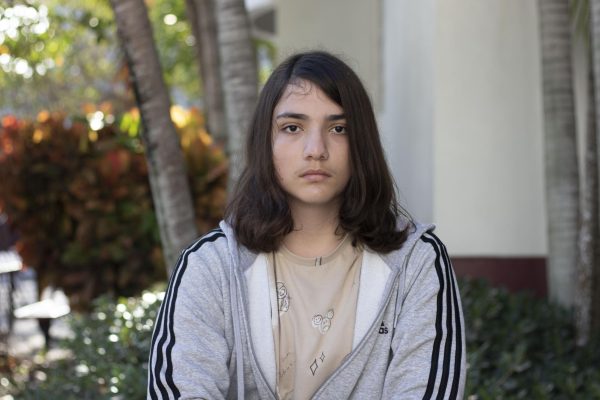



![[Review] ‘The Inheritance Games’ series warms readers’ hearts](https://eagleeye.news/wp-content/uploads/2025/01/Screen-Shot-2025-01-08-at-8.37.08-AM.png)
